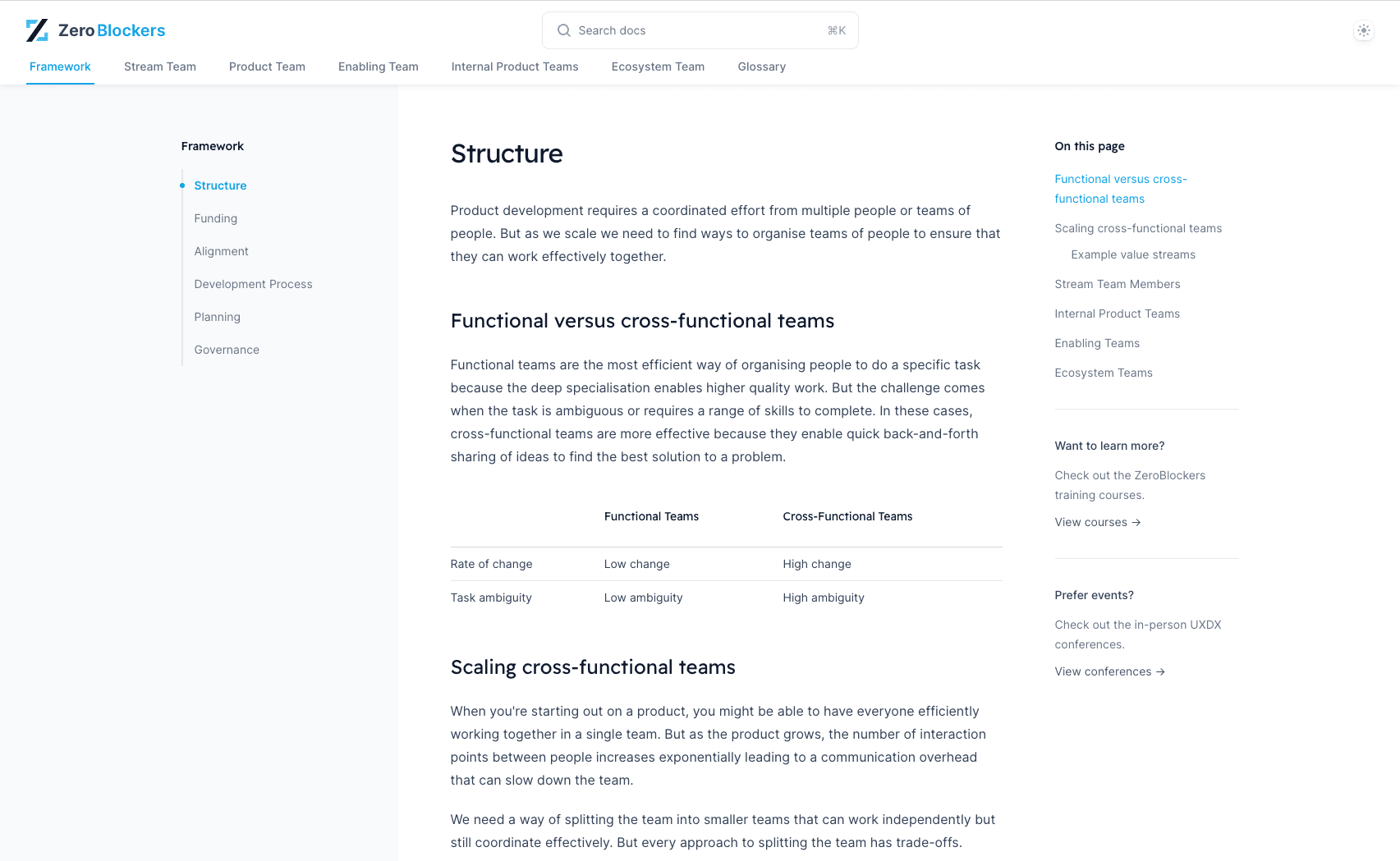Case StudyStream Team: Building - Streamlining Product Development at Mozilla Firefox
Mozilla Firefox, one of the most popular web browsers, faced challenges in maintaining a rapid and efficient product development cycle. As the complexity of the browser increased, so did the difficulty in managing development processes, resulting in slower release cycles and increased risk of bugs. Mozilla needed a solution to enhance their development workflow and ensure high-quality releases.

The Solution
Mozilla implemented several strategic initiatives aimed at streamlining their product development process. The key components of their approach included:
- Continuous Integration and Continuous Deployment (CI/CD): Mozilla adopted CI/CD pipelines to automate the build, test, and deployment processes. This automation enabled frequent and reliable releases, reducing the time between code development and deployment.
- Modular Architecture: The development team transitioned to a more modular architecture, allowing for independent development and testing of browser components. This approach reduced complexity and made it easier to manage updates and new features.
- Automated Testing: Comprehensive automated testing was integrated into the development process. This included unit tests, integration tests, and end-to-end tests to ensure that code changes were thoroughly validated before reaching production.
- Feature Toggles: Mozilla used feature toggles to control the activation of new features. This practice allowed them to safely introduce new functionality and quickly disable it if issues were detected.
- Real-Time Monitoring and Feedback: Advanced monitoring tools were implemented to provide real-time insights into the performance and stability of the browser. Feedback loops were established to quickly identify and address issues reported by users.
- Agile Methodologies: The development process was structured around agile methodologies, promoting iterative development, continuous feedback, and regular retrospectives. This approach facilitated better communication and collaboration among teams.
Outcomes achieved
The implementation of these initiatives led to several significant improvements for Mozilla Firefox:
- Faster Release Cycles: The adoption of CI/CD and modular architecture enabled Mozilla to release updates more frequently and reliably, accelerating the overall development cycle.
- Improved Code Quality: Automated testing ensured that code changes were thoroughly vetted, resulting in higher quality releases with fewer bugs and issues.
- Enhanced Flexibility: Feature toggles provided the flexibility to introduce new features incrementally and manage them effectively, reducing the risk of widespread issues.
- Increased Stability and Performance: Real-time monitoring and feedback loops allowed Mozilla to maintain high levels of stability and performance, quickly addressing any problems that arose.
- Better Collaboration and Efficiency: Agile methodologies and modular architecture improved collaboration and efficiency within the development team, fostering a more cohesive and productive working environment.
